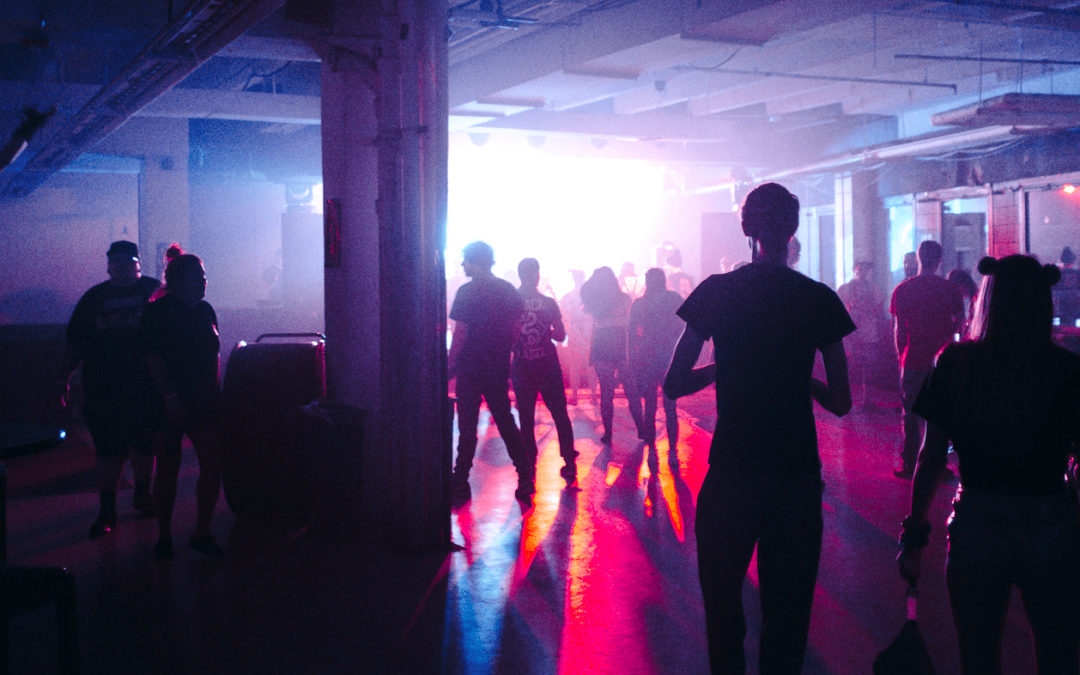A recent study claims that the risk of transmission of COVID-19 at well-ventilated indoor events is “low to very low.”
Scientists from Halle University in Germany conducted the Restart-19 experiment in August, where volunteers attended three successive events headlined by German pop star Tim Bendzko. Other factors of the study included social distancing and attendees practicing proper hygiene and sanitation methods. The volunteers were also pre-tested for COVID-19 and had their temperatures taken beforehand.
Upon entry, attendees were given face masks, location trackers, and dyed hand sanitizer so that the scientists could track where surface contact was made. Different variables were measured during each of the three events. At the first event, everything proceeded as if there were no virus or mandates in place. The second saw attendees practicing social distancing and hygiene measures, and attendance was halved with greater social distancing measures adhered to at the third.
The study found that ventilation is a key factor in limiting the spread of the virus. At one of the events, air jets blasted fresh air into the Leipzig venue with beneficial results. When air was sucked into the venue from outdoors and the jets were turned off, risk of spread increased significantly.
Dr. Gabriel Scally, president of epidemiology and public health at the Royal Society of Medicine, warned that despite Restart-19’s findings being “potentially useful,” the exact conditions created at the Leipzig venue for the experiment could be difficult to replicate at other venues and events worldwide.
The full study has not yet been peer-reviewed, but can be read at this link.


